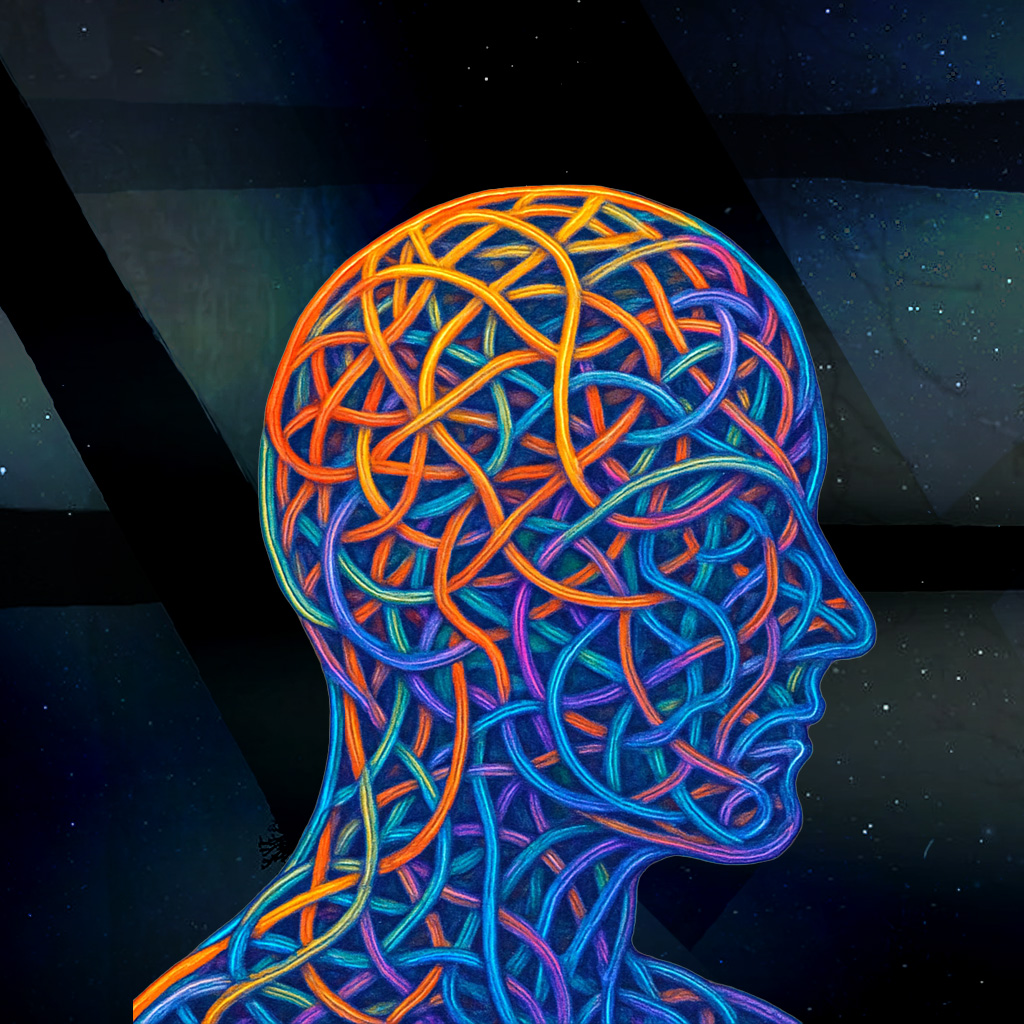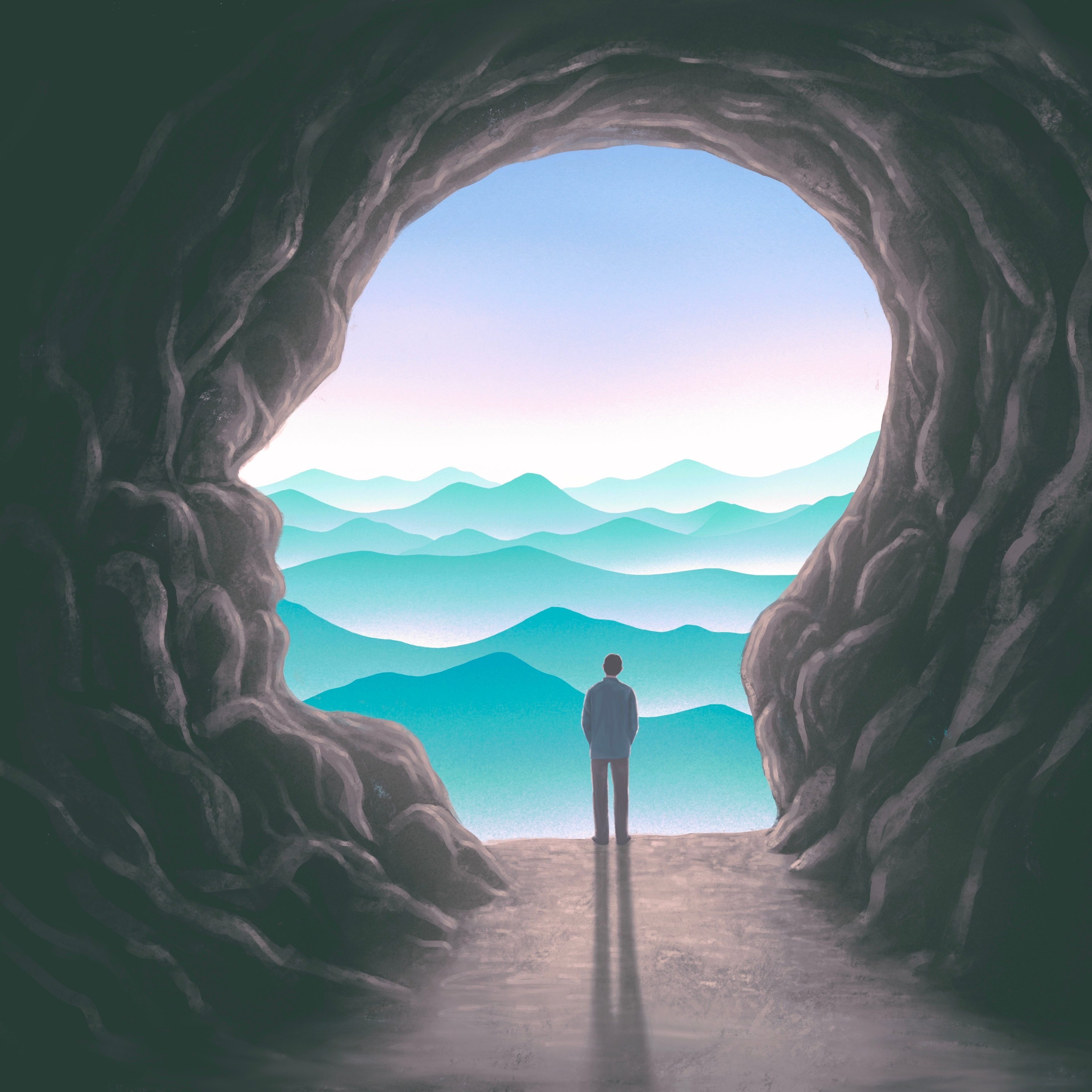
Below is an edited excerpt from an online class, taught by Professor Doug Powers.
Question: About the Bodhisattva path, I heard that Master Hua would encourage you to go help others when you have a little bit of stillness. Based on my personal experiences, it’s not easy to walk the Bodhisattva path. If I isolate myself from the world, I can just focus on my practice of stillness. But when I engage, I often find out it’s not easy to truly help someone and I lose my stillness. Could you comment on that?
Doug: Yes, it’s very very hard. It’s not in any way easy. Master Hua’s dharma is extremely difficult. Because for him, the realization of whatever – whatever stillness, freedom, or what you are able to achieve in your mind – only counts if it’s still there in the midst of activities. It doesn’t count for him until it is put to test in engaging in activities, for example: education, building a building, creating a refugee program, putting you in the middle of New York City or Washington DC, etc.
For each of us, we don’t have to go looking for anything. The tests are already in our conditions. My sense of a marker about this issue is to see how you are doing with the people that you are already with rather than looking outside of that: how are you doing with patience? How are you doing with generosity? How are you doing with the conditions that you find yourself in? If you can find yourself at peace in the action of those conditions, where the stillness in the meditation and stillness in the conditions actually match, then you can explore maybe more than the conditional realm that you already find yourself in. But every one of you finds yourself in a conditional realm already, which requires a certain amount of patience, stillness, mindfulness, vigor, loving-kindness, and generosity. Within those conditions, you can practice those and bring whatever stillness you can bring from your meditation. The ability to be patient and give another person space to actually exist requires an incredible amount of stillness. That stillness requires an incredible amount of patience.
Patience and stillness are not just what you are doing when you are sitting for an hour. It’s what you’re doing in the next hour or two when you are working on a project with someone or when someone is irritated because they’re upset with something. You would apply the same level of patience, stillness, and observation so that you can respond in a more harmonious and generous way within the conditions you already find yourself in. They are just not separate. Again, I’m not saying you should go out and find something to do. I’m saying in the realm of Bodhisattvas, there is no difference between meditation stillness and social interactions that you have in the realm of the conditional. Actually, the only way you know how you are doing is not when you are sitting on a mat, it’s whether you are able to apply patience, stillness, and generosity when engaging within the conditions you are already in.


